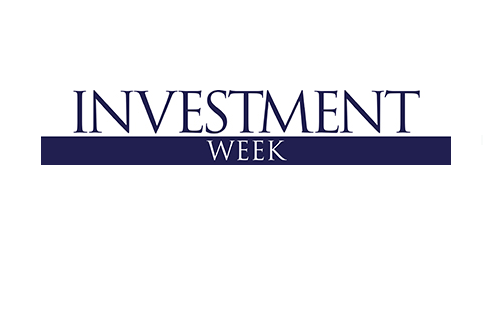Valeria Martinez, Investment Week, 09 November 2023:
Discounts not seen since the Global Financial Crisis are driving a fresh surge in shareholder activism and M&A across the UK investment trust space. While this is likely to help lift prices in the short-term, it could also lead to a significant shrinkage of the sector…
Alternative trusts have been hit the hardest. At 55.52%, Growth Capital was the Association of Investment Companies sector with the steepest discount last month, followed by Property UK Residential (53.71%), Property – Europe (47.99%) and Private Equity excluding 3i (35.7%).
The discount of Renewable Energy Infrastructure, a sector that consistently traded at a premium until September last year, has widened to 25.62% as of month-end, a historic low. Trading at an average 22.8% discount, the Infrastructure sector presents a similar story…
Surge in shareholder activism
The sector’s deep discounts have driven a surge in shareholder activism in recent months, advocating for enhancements in corporate processes, transparency, governance and even capital allocation strategies…
Saba Capital eyes $500m for activist UK investment trust fund
“The current wide discounts that afflict the investment companies sector look like a gift for activist investors such as Saba and, to be honest, we are not too surprised that it has taken a keener interest in the UK market,” said James Carthew, head of investment companies at QuotedData.
According to Carthew, Saba’s modus operandi is to buy big investment trust stakes on wide discounts and agitate for the company to buy it out at asset value…
“What seems less likely to us is that Saba will achieve significant results with its current positions,” said Carthew. “Yes, discounts on some of these funds are wider than normal, but only modestly so and not at extreme levels.
“We do not envisage investors supporting liquidations or opposing continuation votes on trusts trading only a few percentage points wider than normal.”
Read more here
